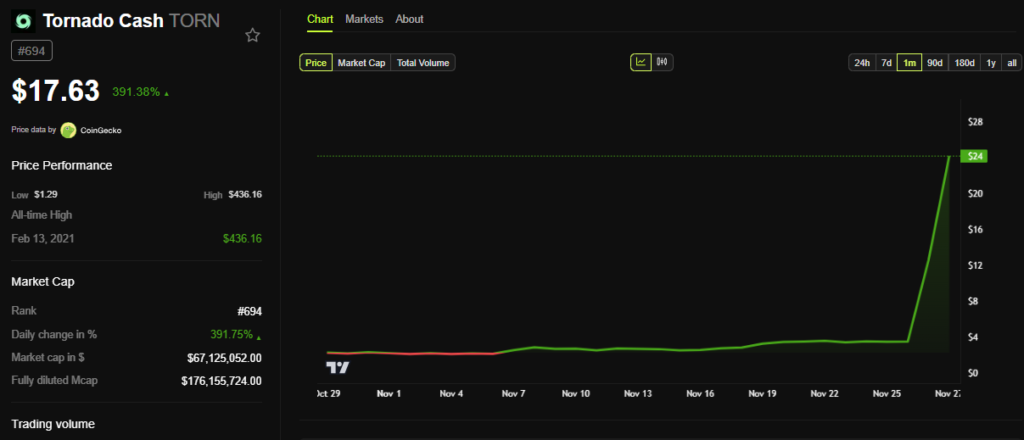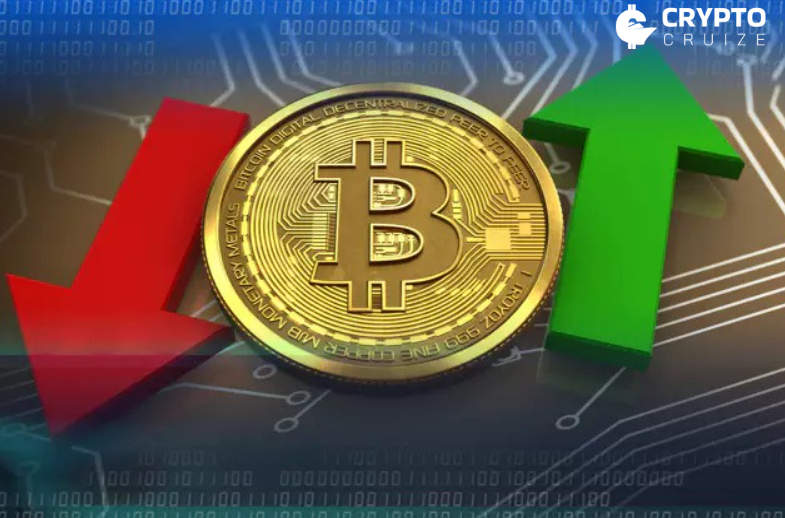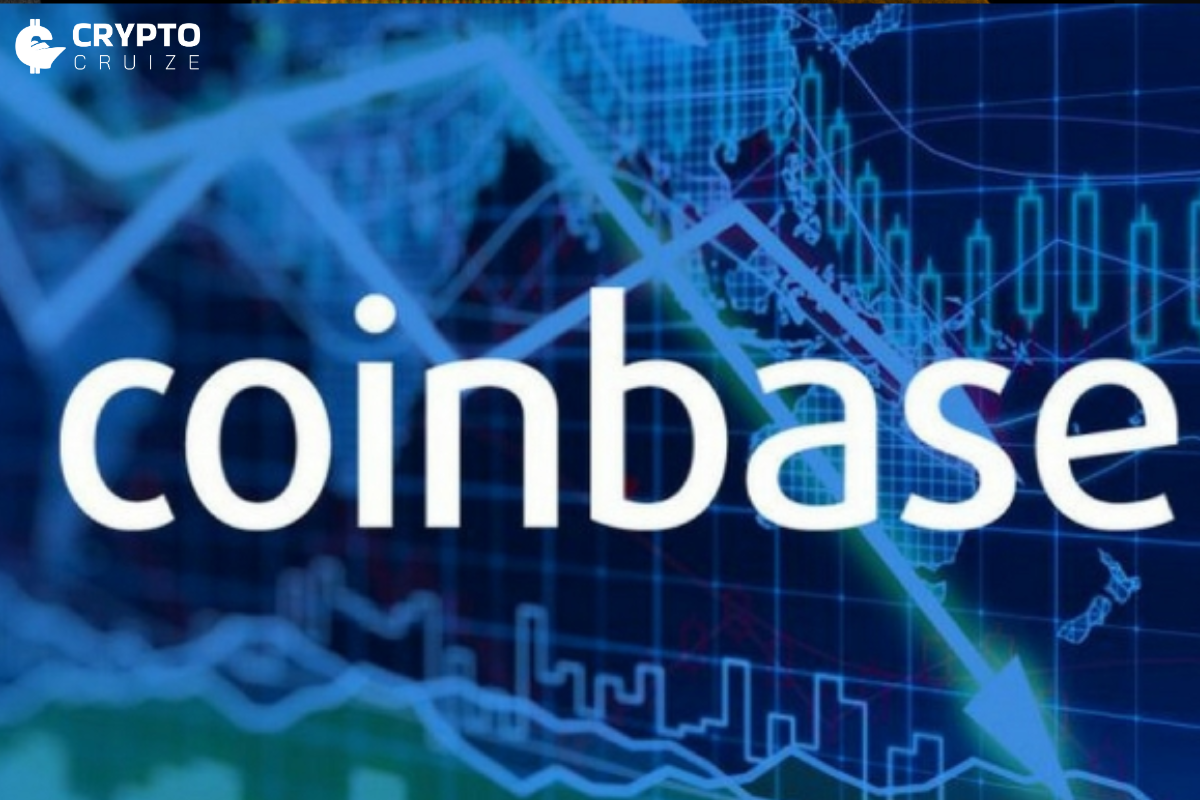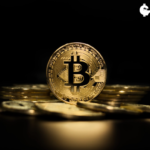A landmark US court ruling nullifying sanctions on Tornado Cash has sparked a surge in its native token, TORN, marking a pivotal moment for the crypto world. Here’s what you need to know.
Sanctions Overturned by US Federal Court
The US Fifth Circuit Court of Appeals has struck down the 2022 sanctions imposed by the Treasury Department’s Office of Foreign Assets Control (OFAC) on Tornado Cash. The platform, a crypto-mixing service, enables users to anonymise cryptocurrency transactions using smart contracts.
The court ruled that the sanctions exceeded OFAC’s authority, stating that Tornado Cash’s immutable smart contracts do not qualify as “property” under the International Emergency Economic Powers Act (IEEPA). Since these contracts are autonomous, unalterable, and accessible to anyone, they cannot be owned or controlled.
A Victory for Privacy Advocates
The decision is a major win for privacy proponents and decentralised technology supporters. Coinbase’s Chief Legal Officer, Paul Grewal, celebrated the verdict, calling it a “historic win” for the crypto industry.
“This ruling ensures that open-source protocols cannot be entirely blocked because of misuse by a minority of bad actors,” Grewal stated, emphasising the need to regulate actions rather than the tools themselves.
Ongoing Legal and Regulatory Challenges
Despite the ruling, Tornado Cash remains under scrutiny. The court clarified that this decision only applies to the specific smart contracts without administrative control, leaving room for further legal action against other aspects of the platform.
Critics argue that the ruling might embolden malicious actors, while lawmakers have called for stricter regulations on crypto mixers due to their potential use in money laundering and terrorism financing.
TORN Token Skyrockets

Following the court’s decision, Tornado Cash’s native token, TORN, surged by nearly 400%, trading at $17.63 at the time of writing. This reflects renewed investor confidence in the protocol’s future and its potential implications for decentralised finance (DeFi).
The ruling has reignited debates over how decentralised technologies should be regulated, exposing the challenges of applying traditional legal frameworks to blockchain tools. While privacy advocates applaud the court’s understanding, concerns about regulatory risks and misuse of such tools remain unresolved.
















































